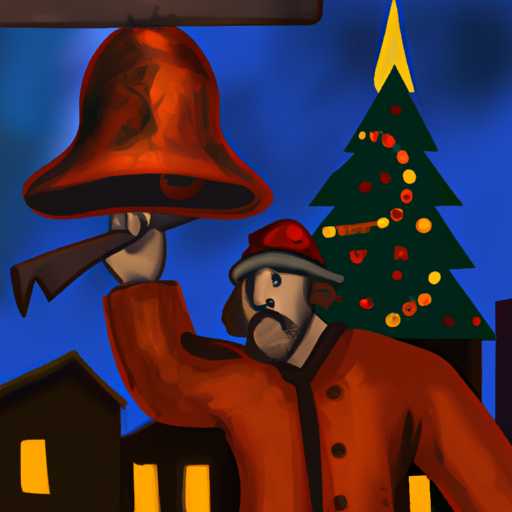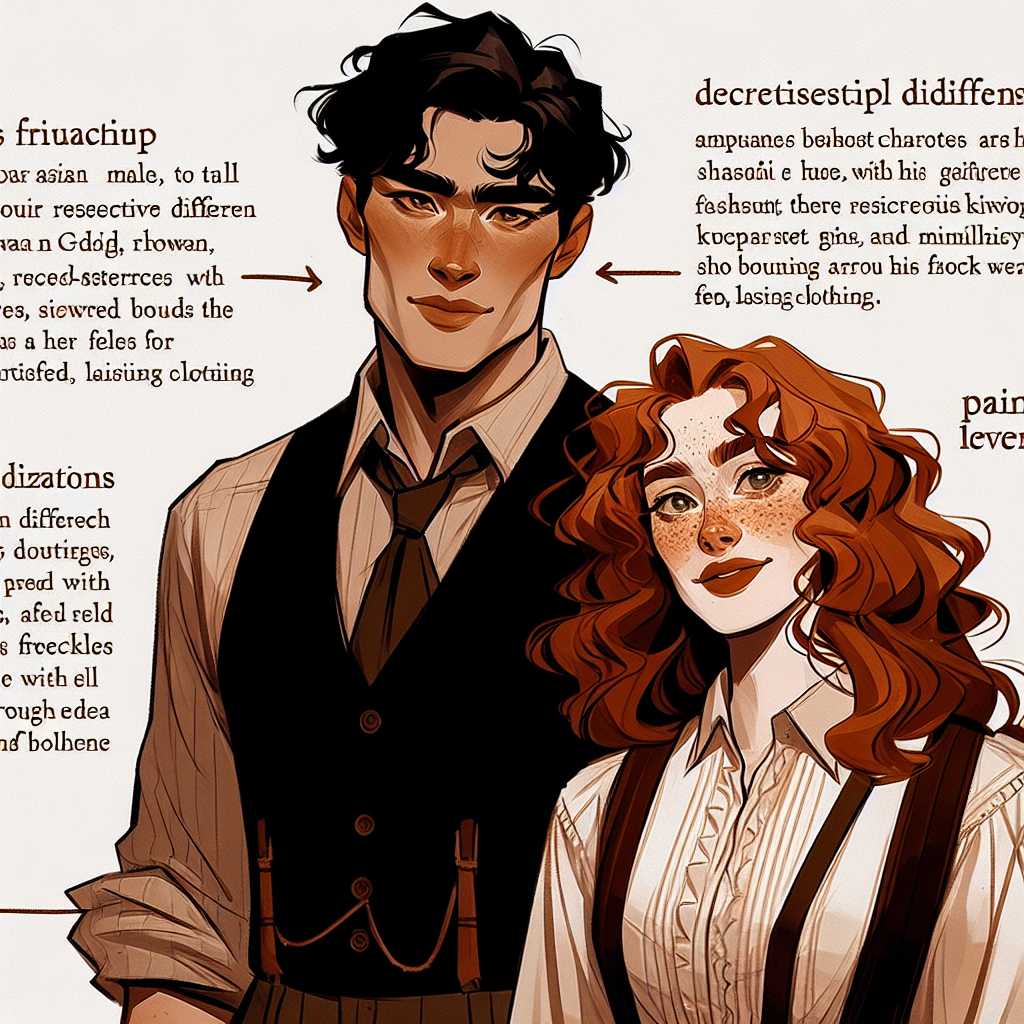
Once upon a time, in a small picturesque town, nestled at the foot of a snow-capped mountain and surrounded by a thick pine forest, there lived a jolly blacksmith named Wilhelm. Widowed early and left with a young daughter, Wilhelm had turned his grief into creating the most beautiful bells, which chimed melodiously, echoing through the valley. Each Christmas, the townsfolk would eagerly wait for Wilhelm to unveil his special Christmas bell.
As the cold wind began swirling and the skies started to weave the white snowy blanket, the buzz of the upcoming holiday season filled the air. The excitement was palpable, made brighter by the twinkling of the stars, reflecting off the ice crystals hanging from rooftops. But this year, the cheer seemed lesser, the smiles fainter. The reason was simple: Wilhelm had lost his muse.
His daughter Elise, grown now into a graceful and kind-hearted young woman, had left the town in search of broader horizons. She promised to return by Christmas but as days turned into weeks, and weeks into months, her letters became less frequent and then, altogether stopped. The Christmas without Elise was unimaginable for Wilhelm, and it reflected in his spirit, and more importantly, in his craft.
The townsfolk watched his daily struggle; the forge was less noisy, the sparks less bright. Every day, Wilhelm would start on his Christmas bell but stop midway, disappointed and unable to find the familiar harmony he was known for.
“It's not the same,” Wilhelm would say. “Without Elise’s laughter echoing in my ears, how am I to carve out the perfect symphony?”
In the midst of this, as the twenty-fourth night dawned clear and bright, a stranger arrived in town. Dressed in an odd but charming suit of red, he was fat and bearded, with twinkling eyes. Upon hearing of Wilhelm's plight, he visited the blacksmith and introduced himself as Nicholas.
Being an old storyteller, he offered Wilhelm a bargain. He asked him to create a Christmas bell not in remembrance of the old days, but in hopes of the new ones. Struck by his words, Wilhelm agreed, promising to deliver the bell by sunrise.
Throughout the night, Wilhelm worked, pouring out all his love for Elise into his creation. The bell took shape, the molten metal singing and dancing to form a beautiful, gleaming spheroid. Yet, something was amiss. The chime was hollow; the music, lifeless. As dawn broke, a heartbroken Wilhelm fell to his knees. But just as he was about to surrender, the sound of soft singing drifted into the room.
“Underneath the mistletoe last night,” came the familiar voice. Wilhelm didn't need to turn around to know who it was. Tears of joy filled his eyes; Elise was home.
With renewed spirit, Wilhelm swung his hammer one last time, a perfect melody filled the room- it was the sound of laughter, of reunion, of Christmas merriment. The bell chimed perfectly, a symphony of love and hope that echoed throughout the town. The townsfolk who had gathered outside Wilhelm’s shop cheered as Elise ran into her father's open arms, quickly followed by Nicholas.
Nicholas, then, with a twinkle in his eye, turned to the crowd saying, “Christmas is a time of miracles, of love, and of hope. Let this bell, Wilhelm’s labour of love, serve as a reminder of these. Every Christmas henceforth, may it chime, spreading warmth and beckoning a new beginning.”
As the town celebrated and the Christmas bell chimed in unison, Nicholas disappeared unnoticed, leaving behind a season filled with joy, the promise of hope, and a beautiful, timeless melody. And thus, so it happened, Wilhelm’s bell brought Christmas home to the hearts of not just the residents of the little town, but also to their most beloved blacksmith, and the echoes of the magical chime were heard for many Christmases to come.
And it is said that, if you listen very carefully on a silent Christmas night, you can still hear the chime of Wilhelm’s bell, ringing out its message of love, joy, hope, and the miraculous spirit of Christmas.










